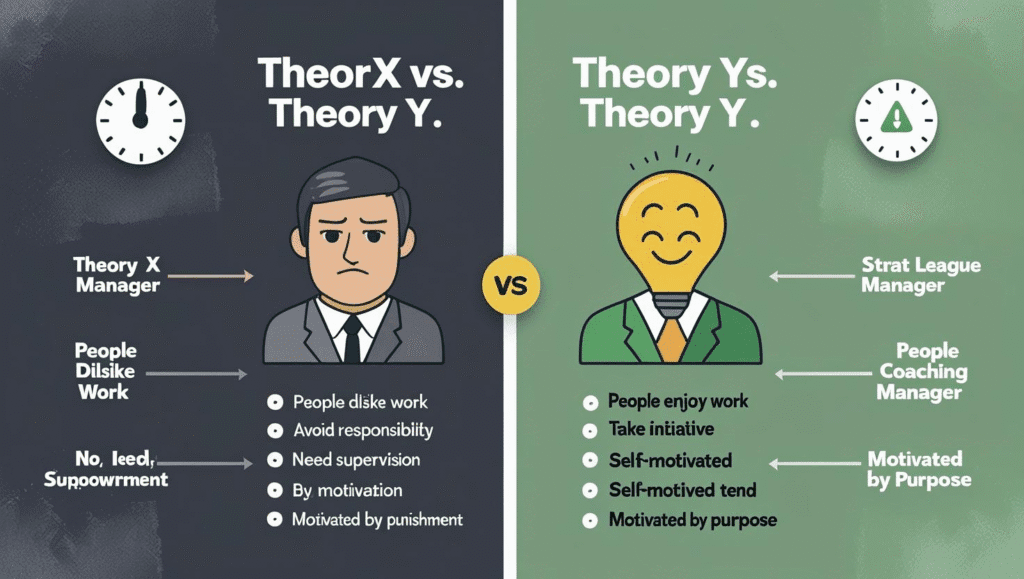The Principles of Corporate Social Responsibility (CSR): A Blueprint for Modern Business
In today’s transparent world, businesses are no longer judged solely on their financial performance. Consumers, employees, and investors are increasingly holding companies accountable for their impact on society and the environment. This shift has elevated Corporate Social Responsibility (CSR) from a niche marketing tactic to a fundamental strategic imperative. It’s the blueprint for building a resilient, respected, and profitable business for the 21st century.
This in-depth guide explores the core principles of CSR, offering a framework for how companies can operate ethically and contribute to economic, social, and environmental well-being. We’ll examine the key pillars of responsibility, implementation strategies, and real-world examples of CSR done right.
What is Corporate Social Responsibility?
Corporate Social Responsibility (CSR) is a self-regulating business model that helps a company be socially accountable—to itself, its stakeholders, and the public. By practicing CSR, companies can be conscious of the kind of impact they are having on all aspects of society, including economic, social, and environmental. It’s about integrating these values into the company’s DNA, from its supply chain to its employee relations and philanthropic endeavors.
Why CSR is No Longer Optional
A robust CSR strategy delivers powerful benefits that extend far beyond public relations. It creates a virtuous cycle that strengthens the company from the inside out.
- Enhanced Brand Reputation: A strong commitment to CSR builds trust and a positive reputation, which are among a company’s most valuable assets.
- Increased Customer Loyalty: Consumers are more likely to be loyal to brands that align with their own values. A study by Cone Communications found that 87% of consumers would purchase a product because a company advocated for an issue they cared about.
- Attraction and Retention of Top Talent: The modern workforce, particularly millennials and Gen Z, wants to work for companies with a purpose beyond profit. CSR is a major differentiator in the competition for talent.
- Improved Financial Performance: While not the primary driver, strong CSR practices are linked to better financial outcomes through operational efficiency (e.g., energy savings), risk mitigation, and stronger stakeholder relationships.
- Greater Access to Capital: Investors are increasingly using Environmental, Social, and Governance (ESG) criteria to evaluate companies, making CSR performance critical for attracting investment.
The Four Core Principles of CSR
A comprehensive CSR strategy is built upon four interconnected pillars. A company must address all four to be considered truly socially responsible.
1. Environmental Responsibility
This is perhaps the most prominent aspect of CSR today. Environmental responsibility refers to the principle that businesses should operate in as environmentally friendly a way as possible. It’s a commitment to protecting the planet and minimizing the company’s ecological footprint.
Key Actions & Initiatives:
- Reducing carbon footprint, pollution, and waste generation.
- Increasing reliance on renewable energy and sustainable resources.
- Implementing circular economy principles (designing products for reuse and recycling).
- Offsetting negative environmental impact through tree planting or funding conservation efforts.
- Creating sustainable and ethical supply chains.
Business Impact: Reduces operational costs through efficiency, mitigates risks from climate change and regulation, and appeals to environmentally conscious consumers.
2. Ethical Responsibility
Ethical responsibility is about ensuring a business operates in a fair and ethical manner. It goes beyond simply obeying the law and involves treating all stakeholders—employees, customers, suppliers, and investors—with fairness and respect.
Key Actions & Initiatives:
- Ensuring fair labor practices for all employees, including those in the supply chain.
- Committing to diversity, equity, and inclusion at all levels of the organization.
- Establishing a code of conduct that prohibits corruption, bribery, and unfair trade practices.
- Guaranteeing product safety and data privacy for customers.
- Providing transparency in financial reporting and business operations.
Business Impact: Prevents legal and reputational damage, improves employee morale and retention, and builds foundational trust with all stakeholders.
3. Philanthropic Responsibility
This principle addresses a company’s aim to actively make the world a better place. Philanthropic responsibility involves donating financial resources, goods, or employee time to charitable causes and community organizations, locally or globally.
Key Actions & Initiatives:
- Donating a percentage of profits to charity (e.g., the 1% for the Planet pledge).
- Sponsoring local community events, schools, or arts programs.
- Creating a corporate foundation to manage charitable giving.
- Encouraging and matching employee donations.
- Providing paid time off for employees to volunteer.
Business Impact: Strengthens community relations, boosts employee engagement and morale, and enhances the company’s public image.
4. Economic Responsibility
Economic responsibility is the foundational principle that a business must be profitable to survive and fulfill its other responsibilities. However, this isn’t just about maximizing profit at any cost. It’s about making financial decisions that also have a positive impact on the people and planet involved.
Key Actions & Initiatives:
- Investing in research and development for sustainable and innovative new products.
- Committing to paying fair wages and creating stable jobs.
- Supporting local suppliers and contributing to local economic growth.
- Making long-term investments that ensure the company’s viability and continued ability to contribute to society.
Business Impact: Ensures the long-term sustainability of the business itself, allowing it to continue providing jobs, creating value, and funding its environmental, ethical, and philanthropic initiatives.
CSR Principles in Action: Real-World Leaders
Theory is one thing, but seeing CSR in practice provides a clearer picture of its impact.
Patagonia: Environmental Stewardship
The outdoor apparel company is a leader in environmental responsibility. It famously donates 1% of its sales to environmental causes, uses sustainable materials, has a robust product repair program to reduce waste, and actively campaigns for environmental protection.
LEGO: Ethical & Sustainable Innovation
LEGO Group has made a massive commitment to environmental and ethical responsibility. They are investing billions to find and implement sustainable materials for their iconic bricks, aiming to phase out single-use plastics in packaging, and powering their factories with renewable energy.
Microsoft: Economic & Environmental Vision
Microsoft demonstrates a powerful blend of economic and environmental responsibility. The company has pledged to become carbon negative by 2030 and to remove all its historical carbon emissions by 2050. This is an economic decision to invest in the technology and infrastructure needed for a sustainable future, positioning them as a leader.
Conclusion: CSR as a Core Business Strategy
Corporate Social Responsibility is no longer a peripheral activity but a central pillar of a successful modern enterprise. By embedding environmental, ethical, philanthropic, and economic responsibilities into their core strategy, companies can build a powerful engine for growth that also creates lasting positive change. It’s a journey that requires commitment, transparency, and a genuine desire to be a force for good. The businesses that embrace this holistic view will be the ones that thrive in the decades to come.
Frequently Asked Questions (FAQ)
Is Corporate Social Responsibility (CSR) mandatory?
Certain aspects of CSR, such as environmental regulations, labor laws, and ethical trade standards, are legally mandated. However, a comprehensive CSR strategy that includes robust philanthropic and voluntary environmental initiatives is generally not required by law. Instead, it is a strategic choice businesses make to improve their reputation, attract talent, and create long-term value.
What is ‘greenwashing’ and how can it be avoided?
Greenwashing is a deceptive marketing practice where a company spends more time and money claiming to be ‘green’ through advertising and marketing than on actually implementing business practices that minimize environmental impact. To avoid it, companies must practice transparency, set measurable goals (e.g., using the GHG Protocol for carbon emissions), obtain third-party certifications, and provide detailed public reports on their progress and shortcomings.
How can a small business practice CSR?
CSR is not just for large corporations. Small businesses can have a significant impact by sourcing materials from local suppliers, fostering an excellent and equitable work environment, minimizing waste and energy consumption, sponsoring local community events, and offering employees paid time off to volunteer. The key is to be authentic and focus on initiatives that align with the company’s values and have a meaningful local impact.
What is the return on investment (ROI) of CSR?
The ROI of CSR is both tangible and intangible. Tangible returns can include reduced costs from energy efficiency and lower employee turnover. Intangible returns, which are often more significant, include enhanced brand reputation, improved customer loyalty, better access to capital from socially responsible investors, and an increased ability to attract and retain top talent. While difficult to quantify precisely, studies consistently show that companies with strong CSR performance tend to outperform their peers financially in the long run.

